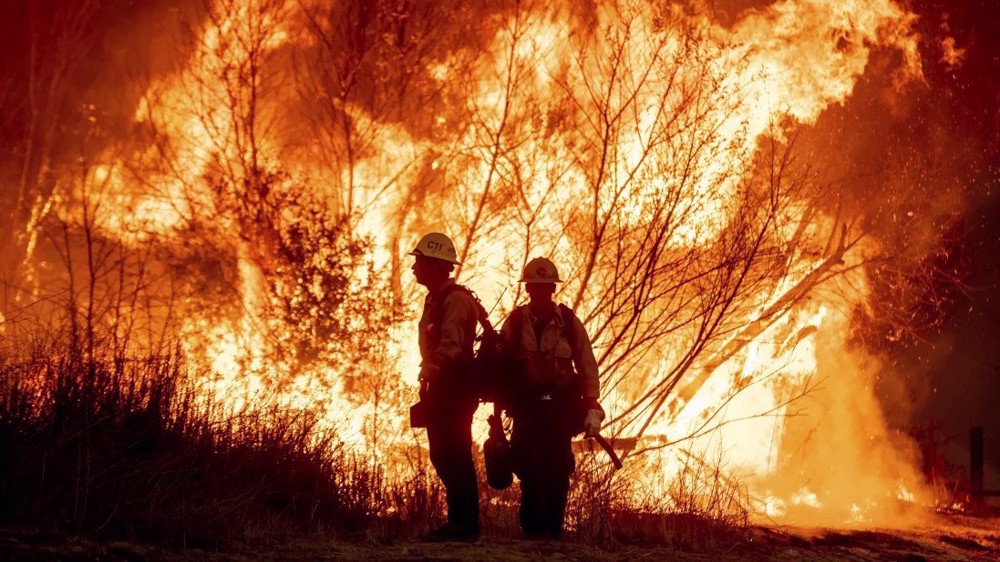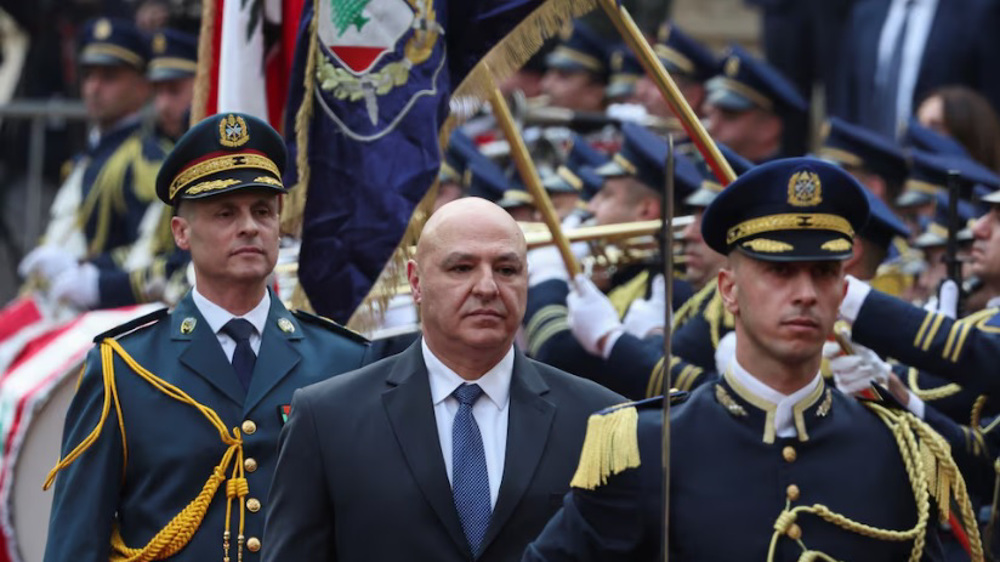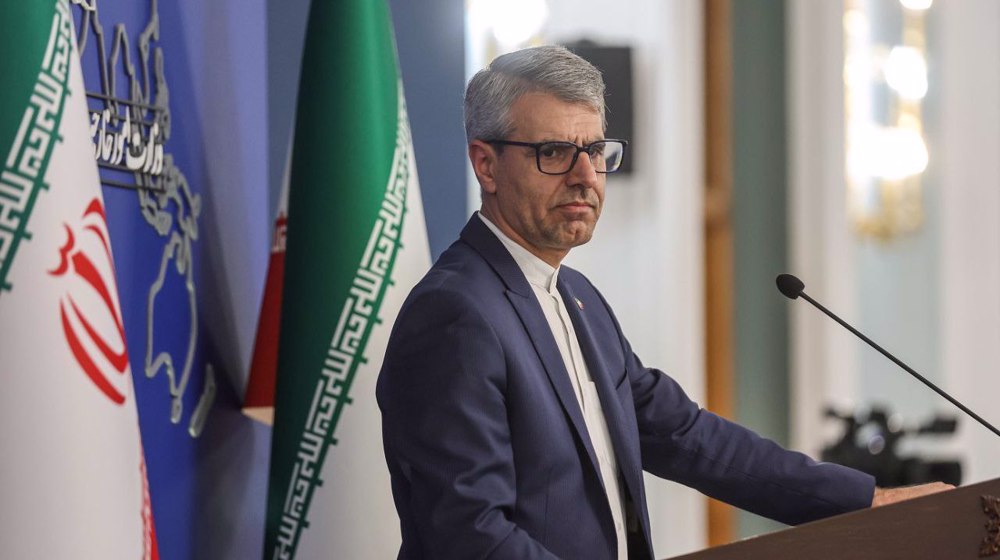Iran seeks to reduce tensions but will surprise aggressors in case of attack: Senior official
Iran’s top security official says the Islamic Republic seeks to reduce tensions and avoid confrontation but will give a crushing response to any act of aggression or attempt to endanger the country’s interests.
“Iran’s strategic policy is to reduce tensions, avoid any confrontation and help settle regional crises through negotiation,” Secretary of Iran’s Supreme National Security Council Ali Shamkhani said on Wednesday.
In his note a copy of which was cited by IRNA, the senior official, however, warned against any act of aggression against Tehran.
He said that Iran is keeping a watchful eye on any possible act of aggression against the country or its interests and will “give a firm and all-inclusive response to potential evil acts that will surprise aggressors in the strongest way possible.”
Shamkhani was reacting to remarks by President Donald Trump who said Washington was “locked and loaded” for a response to recent attacks on Saudi Arabian oil facilities, which the US blamed on Iran.
Yemeni armed forces conducted a large-scale operation against Saudi Arabia’s Aramco oil installations on Saturday, in response to the Saudi-led war on their country, causing a partial halt in crude and gas production from the world’s top oil exporter.
The Yemeni Houthi Ansarullah movement immediately took credit for the attacks, but US Secretary of State Mike Pompeo swiftly accused Iran of being behind the assault, without providing any evidence. Tehran categorically rejected the allegations.
Shamkhani defended the Yemeni nations’ right to self-defense, saying, “The all-out defense of the oppressed Yemeni people in the face of the foreign aggression and the brutal killing of its citizens is their legitimate right and a natural response to the cruelty of the aggressors.”
He said that Yemenis were using their own domestically-designed and -built weapons to defend their country and accusing other states of supplying them with military equipment was an attempt to put the blame on others and evade responsibilities for wasting resources on purchasing advanced and ineffective military equipment from Western countries.
Shamkhani was responding to allegations by the Saudi-led coalition that the weapons used to hit the two oil facilities came from Iran.
He concluded by rejecting a military solution to the Yemeni conflict, stressing that any way out of the crisis could only be found within the framework of Yemeni-Yemeni dialogue and without the involvement of any third parties.
Saudi Arabia claimed on Wednesday that the strikes on its oil infrastructure came from the "north" and were "unquestionably" sponsored by Iran, adding that the Houthis were not responsible for the assault despite claiming it.
Shortly after the Saudi announcement, the spokesman for Yemeni Armed Forces, however, reiterated it was behind the weekend attack, stressing that the Houthis have new drones, powered by “normal and jet engines” that can reach targets deep in Saudi Arabia.
California's fires reminiscent of Israeli savagery in Gaza: Zarif
VIDEO | Press TV's news headlines
Israeli ministers discuss plot to divide Syria: Report
Pezeshkian felicitates Aoun on election as Lebanon’s president
VIDEO | Brutal murder of journalist in India prompts calls for justice
VIDEO | Iran unveils new AI drone in Great Prophet 19 military drills
110,000 Basij forces display defense capabilities in Tehran parade
VIDEO | Joseph Aoun elected as president of Lebanon












 This makes it easy to access the Press TV website
This makes it easy to access the Press TV website